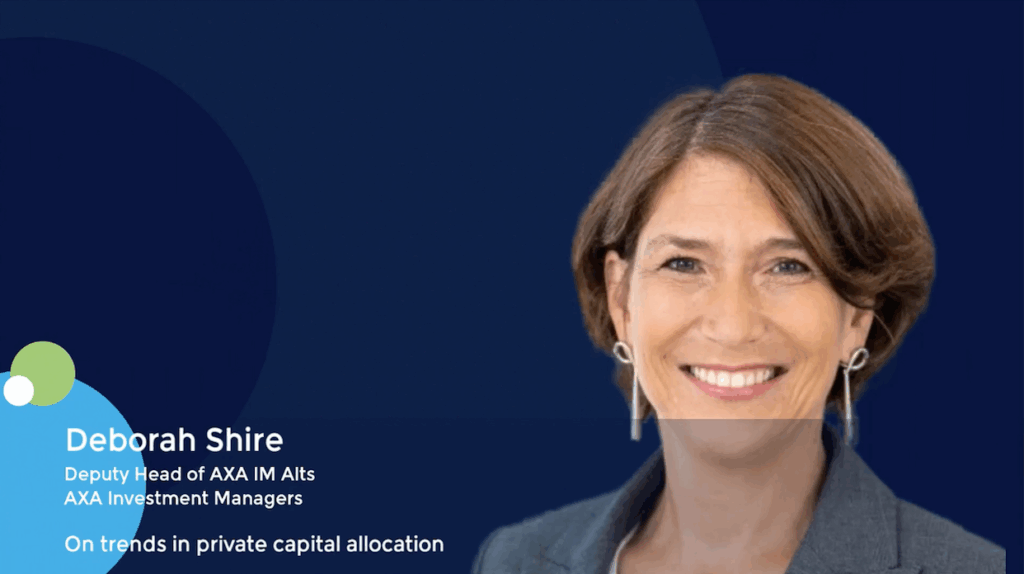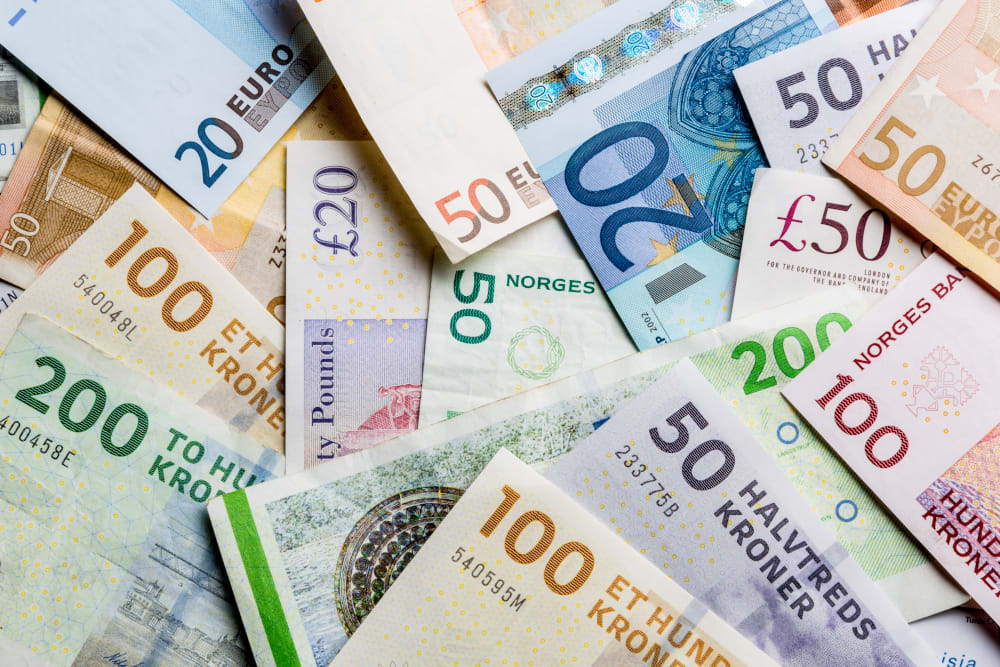GP profile: Integral Corporation thinks beyond the fund to secure Japan buyouts
Integral Corporation believes Japanese corporate culture requires a Japanese approach to private equity. This has guided unconventional moves such as listing the GP on the Tokyo Stock Exchange
In September last year, Integral Corporation did what no Japanese private equity firm had done before – and what few GPs have attempted regionally – when it went public on the Tokyo Stock Exchange. Its raised JPY 18bn (USD 111.7m) through the float and its shares have more than doubled in value since then, giving the firm a market capitalisation of about JPY 165bn as of July 9.
For Integral, which has JPY 470bn in assets under management as of the closing of its fifth fund last month on JPY 250bn, the motivation was adding balance sheet firepower.
“We wanted some money that did not have an LP-fund type of condition, and going IPO was one option to procure that. We felt that if we have this kind of complementary tool, then it makes us more competitive,” said Yoshihiro Hemmi, a co-founder of Integral.
“Basically, our explanation to shareholders is, Integral’s shares will do well if we do well in our fund business. And we’re getting all the tools to facilitate and improve it. We’ve said since our inception that we compete effectively because we do unconventional things to improve our fund business.”
It’s a glimpse into the psyche of a private equity firm that named itself Integral Corporation – rather than, say, Integral Capital – to embody sensibilities more geared toward a transgenerational corporate world than a stereotypically cutthroat financial market.
Essentially, the public profile and balance sheet chequebook are intended to position Integral as a more transparent, long-term partner to target companies than a fund with a fixed horizon.
A Japanese solution
Integral was formed in 2007 when Nobuo Sayama, a co-founder of Unison Capital, spun out alongside two colleagues, Reijiro Yamaoto and Aisaku Suzuki. They were joined by Kensaku Mizutani, formerly of Morgan Stanley and Mitsubishi Corporation, and Hemmi, then the CEO of snack maker Tohato, a Unison portfolio company.
The vision was to pursue a uniquely Japanese approach to private equity at a time when an American-style playbook prevailed in spite of a circumspect local business community. Most importantly, this was about getting founders comfortable with the relatively short timelines of a fund strategy and coping with poor access to management talent when building out companies.
The key differentiating features were dubbed deal inducing investment (DII) and I-Engine. DII is a policy to improve alignment with founders by adding balance sheet capital to fund deployments. I-Engine is a value creation system that blends in-house investment and operational skillsets by seconding deal team members into portfolio companies for the duration of the holding period.
The model was unfamiliar to LPs, but the team had enough of a reputation to rally their local networks for initial support. Global investors were harder to attract in light of a rising China opportunity. A debut fund closed on JPY 11.2bn (then USD 105m), about a third of the overall target, shortly prior to the bankruptcy of Lehman Brothers in 2008.
“Looking back, it was a horrible experience. We were unique, saying we meet the needs of Japanese corporations. That was not a convincing message to global LPs who didn’t have that much interest in Japan at that point,” said Hemmi, whose experience prior to Integral also includes stints at Boston Consulting Group, Mitsui & Co, and shoemaker Adidas.
“On the Japanese side, they did not have much exposure to private equity in general anyway, so it was more education about alternative investments. We knew going in that there would be a lot of challenges, but the first fund was a bit more challenging than we had anticipated.”
Four subsequent vintages have steadily scaled, with Fund V comfortably exceeding its JPY 200bn target and ranking as the fourth-largest Japan-focused vehicle ever raised by an independent private equity manager, according to AVCJ Research. For the first time, most of the capital came from international LPs. Fund IV, which raised JPY 123.8bn in 2020, was about 40% international.
The strategy remains focused on control and select minority deals with “effective control” for companies with enterprise valuations of JPY 10bn-JPY 50bn. The firm writes cheques in a range of JPY 2bn-JPY 40bn, targeting a mix of consumer and industrial sectors.
There have been no ambitions to enter the large-cap end of the market or to invest outside of Japan as funds have increased in size. Research has begun on potential expansions into real estate, infrastructure, growth capital, and credit, although these plans remain preliminary in nature.
Long-term view
At the core of everything is a philosophy that improving companies with a long-term perspective takes priority over maximising the return for a fund. This is seen as another example of taking a Japanese approach to private equity.
Integral’s first three funds had delivered a gross multiple on invested capital (MOIC) of 2.5x and a gross IRR of 25.8% as of March. The firm has achieved 16 exits on 31 investments to date. There were two full and two partial exits in 2023 alone.
“If we have a good return, that’s because we had a good company. That’s the cycle we see. If we make the company better, we’ll definitely have a good exit, and that will build our reputation,” said Makiko Hayase, a partner at Integral, who has been with the firm since 2007.
“We want to really commit to the Japanese business world, so making the company better and getting a good return – not the best return – is good enough for us. Our LPs understand we’re long-term sighted, so they don’t really push us for a short-term return.”
LPs were not always happy with the firm’s corporate-leaning idiosyncrasies, however. DII, for example, was initially seen as an exercise in cherry picking portfolio companies and a nest of potential conflicts of interest.
Hayase said that LPs warmed to the concept with time, on observing its ability to support exits via IPO by giving portfolio companies a stable, non-fund shareholder post listing. There have been seven local listings to date, which the firm touts as the strongest track record amongst its peers in Japan.
To ease LP concerns that some deals are being excluded from the benefits of DII, participation has been made mandatory as of Fund III. Balance sheet capital representing at least 3% of the fund-level deployment must be added to every investment, although that figure can go as high as 33%, leaving significant room for discretionary increases in non-fund exposure.
Another outcome of the IPO is a greater focus on best practices in environmental, social, and governance (ESG). That effort is headed by Satoko Niiya, a partner with previous experience as an M&A lawyer. In the lead-up to going public, a holistic ESG policy was formulated with negative screening guidelines and action plans modelled partially on those of global firms.
There are nine members in the programme, including Daisuke Ito, a vice president who devotes 20% of his time to the role of task leader for ESG integration. He describes the agenda as being all about enhancing competitiveness of the firm and its investees by reducing systemic risks.
In the field
In a demonstration of the I-Engine concept at work, the other 80% of Ito’s time goes into camera retail chain Kitamura. Ito was seconded to the company following an investment in mid-2021 with a view to leading corporate planning and growth strategy.
Revenue and EBITDA are said to have grown steadily during the investment period. The company has benefited not only from a broader post-pandemic recovery for retail but also from initiatives such as a shift toward second-hand camera resales and ongoing expansions into the US, China, and Southeast Asia.
Core to I-Engine is the Japanese idea of “gemba,” or stationing decision-makers at the frontlines of a business. In Ito’s case, this meant spending weekends selling cameras on a shop floor, getting a ground-level view of product and service trends, while learning about the hopes and concerns of customer-facing employees.
“I learned a lot in the first year because the hypothesis based on business due diligence is often not correct. On site, there are value creation drivers we couldn’t see at the time of due diligence,” said Ito, who, at 37, has proven an approachable intermediary in Japan’s distinctly hierarchical corporate culture.
“I can communicate with the people who are making the real money and actually driving the initiatives, connecting top management with the ground level. Middle managers share their feelings, and I can interpret it to the board level. That kind of interaction is very valuable.”
What separates I-Engine from the dedicated operations units of other GPs is the idea that Ito will shepherd the Kitamura investment all the way through exit and return to his investment team responsibilities with a more rounded skillset. In that sense, it’s more about career paths than job specialisation.
Initially the impetus for this approach was to cope with a general lack of mobility in Japan’s management labour market and a shortage of in-house resources. But even as Integral has grown into Japan’s largest private equity team, the philosophy persists that all deal professionals should have both investment and operational skills.
There are now 60 investment professionals, about 20 of whom have been seconded to portfolio companies for multi-year stints. Everyone is based in a single Tokyo office with significant flexibility to work from home.
In some cases, I-Engine secondees relocate around the country or overseas. Notably, Yasumi Kotaki, a senior associate, has moved to the US to support an expansion by Daiohs, a company that provides office service supplies such as coffee machines and water dispensers.
Ready to deploy
The practice of every team member pulling double duty in one way or another does have its drawbacks, however. There is, for example, no dedicated fundraising function, which can draw talent away from deployment activities for extended periods. Partially as a result of this effect, Integral has not made an investment in almost 12 months.
The last investment was IT systems provider TCS Group in August 2023, with Hayase noting that a more competitive deal landscape in Japan in recent months has also slowed activity. As such, dry powder is mounting, and the DII capital raised by the IPO has yet to be put to work.
“We’ve done three IT industry investments so far. It’s definitely one of the strongest industries in Japan right now with the shrinking population and the need for digitalisation,” Hayase said. “We’re very much looking into IT.”
There is an eight-member investment committee (IC) although Sayama, who turns 70 this year, will step down for Fund V and beyond. They convene in person and digitally, taking input from the entire team. There are weekly companywide meetings online and quarterly case-studies of I-Engine activities that also bring in the entire staff.
Hemmi stresses the importance of a “one-team” approach in establishing Integral’s culture. This extends to the question of splitting fund-level windfalls more evenly across the team, including those who were not directly involved in the best performing deals.
“The most important thing is to just understand that you’re working as a team. You need to be okay covering up for others when an investment has a problem, and if your deal generates a super return, you share that amongst everybody in the fund,” Hemmi said.
“When you hire people around 30, you have to train them and grow them anyway. People have been happy to work and be rewarded as a team. You might say that’s more Japanese.”












